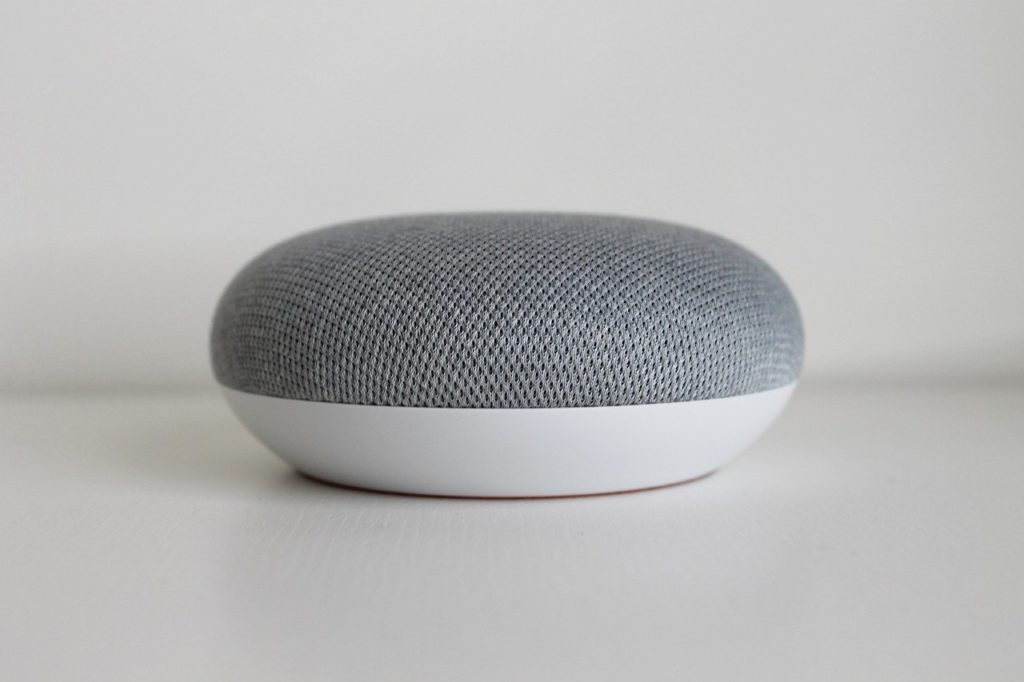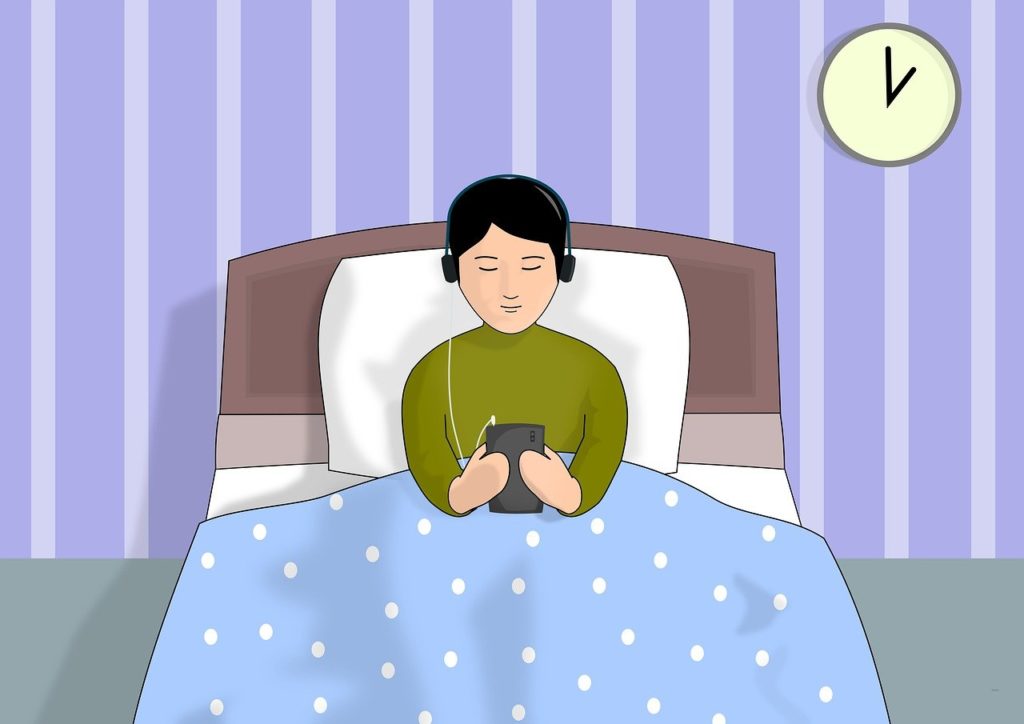Smart gadgets have become such a normal part of daily life that some people find it difficult to function without one. Unfortunately, this attachment has not always served us well.
The older generation will recall a time when mobile phones were only used for making phone calls, with phone numbers having to be memorized. The next generation of phones soon included the ability to store phone numbers, send text messages, and maybe play a simple mobile game or two. Phone addiction was almost non-existent during these eras.
And then came PDAs like the PalmPilot and the BlackBerry phone, the latter of which became popular among business people due to its inclusion of functions like email and Internet access. Needless to say, the first iPhone is what heralded the age of the smart gadgets that we have today.
It’s hard to ignore the many conveniences that smart gadgets have brought to our daily lives. These include things like virtual voice assistants, real-time Internet access, and the so-called Internet of Things that we take for granted today. It’s also hard to not see the negative effects that smart gadgets have on our daily lives, such as people becoming lazier and increasingly isolated.
It’s not all doom and gloom. Smart gadgets have their place in our world. We just have to be their masters instead of their slaves.
This article is for those who have or feel they have gone too far down the rabbit hole.
Signs of Smart Gadgets Addiction
It’s easy to identify people who are addicted to their smart gadgets if you just take the time to observe.
1. You Feel Anxious Without Your Smart Gadgets
Constantly looking at your smart gadgets does not necessarily mean that you are addicted to them. This is because many people nowadays rely on these gadgets for communication, work, and play.
A better telltale sign of smart gadgets addiction is when you find yourself becoming anxious when you are without one. Its symptoms are similar to those of drug withdrawal except that they are rarely viewed as such.
Some ways to test whether you are suffering from such an addiction include not using your smart gadgets for at least a day or moving to somewhere without access to these gadgets. Track yourself by writing down your thoughts and see if you experience any sort of withdrawal symptoms.
2. You Prefer Fiddling With Your Smart Gadgets
There is no doubt that your smart gadget has made your life easier. There is also no doubt that your social life would have been more fulfilling had these gadgets been much less addictive.
Take a look around you the next time you are in a crowded place. Try counting number of people that are focused on their smart gadgets instead of socializing with those around them. Finally, ask yourself the question if this is the best use of one’s limited time on this planet.
3. You Feel Lonely Without Your Smart Gadgets

It’s quite easy to imagine a future, even if it’s still far away, where people interact with life-like robots on a daily basis. This is because finding someone who’s not staring at their phones or something similar is a rarity nowadays.
What most people failed to ask is whether such a dependence on something that is at best pseudo-human is actually beneficial. The answer to this question is most likely circumstantial. This is because there can indeed be cases where smart gadgets can come in useful.
A good example is those who are living with disabilities. Smart gadgets can be seen as a god-sent since they can bring about conveniences that would’ve otherwise been difficult or even impossible.
However, the rest of us would do better to lessen our use of them and spend more time with our family and friends instead.
4. You Lose Track of What’s Happening Around You

The inability to quit something despite the negative effects it is having on your well-being is an indication of addiction.
It’s easy to lose track of time when you’re immersed in something designed to hold your attention hostage. These include scrolling through feeds and watching streaming movies. More severe consequences stemming from smart gadgets addiction, such as using your smart gadgets while driving, can even result in the loss of life.
How to Tackle Smart Gadgets Addiction
Smart gadgets addiction took time to build up and it’s only logical that it’ll take time to undo.
Getting rid of your addiction doesn’t necessarily mean that you should throw away your smart gadgets. It means that you need to moderate your usage of them by regaining your control over them.
Here are some ways.
1. Challenge Yourself
Try to challenge yourself to go an hour or more without your smart gadgets during your waking hours. Lock them away if you must and use your time to focus on whatever is important to you at the moment. This could be your work, your family, or your hobby.
If you have the sudden urge to check your smart gadget, take a deep breath to regain your self-control. Remind yourself that you are currently developing a good habit. What you’re doing here is to make it easy to disengage yourself from your smart gadgets whenever and wherever you choose.
2. Set Boundaries
Commit yourself to completely disengage from your smart gadgets:
- During meal time;
- In the restroom;
- At events;
- When conversing face-to-face;
- While you’re in the bedroom; and
- Before and after a certain time.
3. Disabling Your Notifications
Most people react immediately to any notification that they see or hear. But do you know that your concentration is lost every time that happens? This seemingly innocent reaction can eventually turn into a deep-rooted undesirable habit.
You can draw the line by switching off all non-important notifications. Just make sure that you don’t mistakenly disable notifications from critical smart gadgets like home alarms.
4. Have Alternative Activities
Get up and engage in healthier activities like a walk instead of spending time with your smart gadgets. Time out from staring at a screen or interacting with a virtual assistant all day long will provide you with a much needed refresher.
5. Try Deleting Unused Apps
You probably have many useless apps that you still keep on your smart gadgets. Consider deleting them so that you can declutter your screen space and in turn, your mind.
Live Outside the Smart Gadgets

Smart gadgets are here to stay no matter what. Just don’t forget that there’s a world out there for you to explore beyond your smart gadgets, so it’d be a shame to miss out on the chance to create precious moments and memories.




